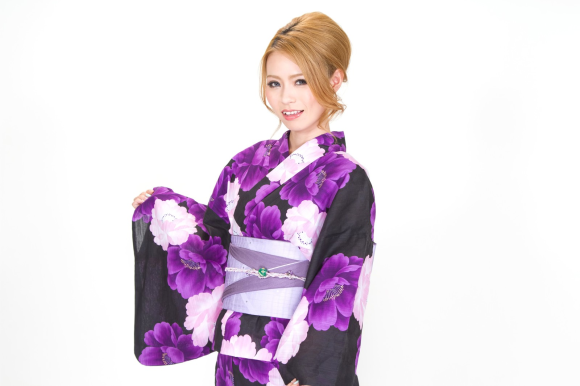
Cynics won’t be surprised, but unintended inside look at hostess bar shorthand still stings.
To many people who grew up outside of Japan, the concept of hostess bars is baffling. Their entire business model is built around charging high prices for customers to sit, drink, and talk with attractive young women, and yes, those are the only three activities that are supposed to be going on, since hostess bars make it clear that they’re not strip clubs, sensual massage parlors, or brothels.
The secret to hostess bars’ success is that while the eye candy is nice, what they’re really selling is personal validation. In a society where people are often expected to keep their opinions to themselves both at work and in social interactions, there’s a powerful allure to having someone listen attentively and enthusiastically to whatever you say, and a talented hostess’ ability to make the customer feel like there’s a personal bond between them is what keeps regulars coming back. Of course, it’s the hostess’ job to create that atmosphere whether she personally cares about the customer or not, which is illustrated in a tweet from Japanese Twitter user @otamiotanomi.
@otamiotanomi’s friend recently took him out drinking at a hostess bar, and during his conversation with one of the hostesses she gave him her business card (yes, even hostesses have business cards in Japan). It’s a pretty smart ploy, as, again, it helps create the feeling of an emotional connection, since why would someone give you her business card unless she wanted you to come see her at her bar again?
However, when @otamiotanomi got home and turned the card over, he discovered the hostess had given that particular card to him by mistake, because the backside was filled with her handwritten notes, as shown in the photo above. She’d been keeping a written record of which customers she’d served that week, which seems like a smart idea for someone in the service industry. However, instead of writing down the customers’ names, she referred to them by some unflattering nicknames, with the notes reading:
23 (Monday): Baldy, Beardo
24 (Tuesday): Beardo
25 (Wednesday): Baldy, Beardo
26 (Thursday): Fatty, Beardo
27 (Friday): Baldy
The gap between the facade of caring, personal service and the harsh mnemonic device had Twitter snickering, with reactions including:
“Ouch.”
“Dude, Beardo is there like every day.”
“He must be doing pretty well for himself to afford that lifestyle.”
“I actually manage a hostess bar myself, and the truth is that hardly any of the girls have complimentary nicknames for their regular customers.”
Some even jokingly asked @otamiotanomi if he himself is Baldy, Beardo, or Fatty, but the fully-haired, clean-shaven, and slender Twitter user insists that none of the terms are applicable to him. Nevertheless, it’s a reminder that when a hostess gazes intently at you with her long-lashed eyes, it’s probably not because she’s really in awe of your masculine sophistication but because she’s looking for some visual quirk to latch onto so she can remember who the heck you are.
Source: Twitter/@otamiotanomi via Hachima Kiko
Top image: Pakutaso
Follow Casey on Twitter, where he just hopes people don’t remember him as “Smelly.”